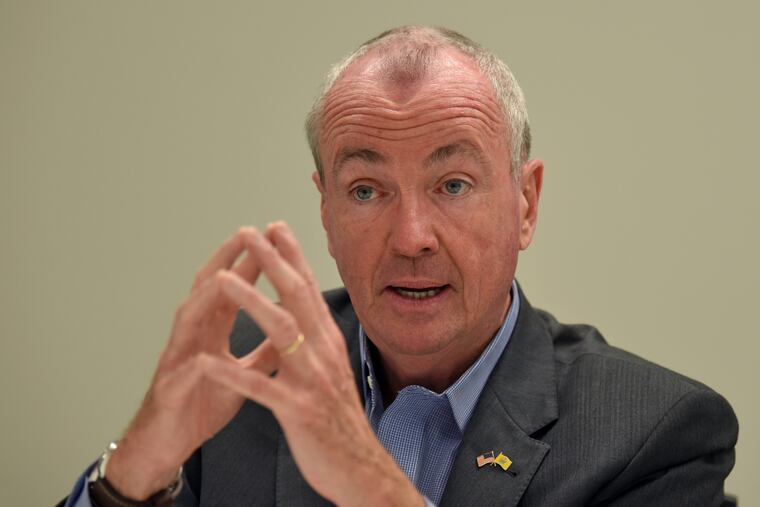Gov. Phil Murphy should sign N.J. juvenile justice reform bill | Editorial
The measure approved by the state legislature is not everything its supporters had fought for. But the governor ought to sign this solid step toward a fairer, more rehabilitative system.

An eleventh-hour change in the language of a landmark juvenile justice reform measure the New Jersey Legislature approved Monday is raising red flags among some advocates. But other supporters are lobbying Gov. Phil Murphy to sign the bill into law by the Tuesday deadline. We join them in urging the governor to do so. For some time, society has been moving away from the idea that locking up troubled children and focusing on punishment is the right approach. New Jersey has in fact led some reforms in recognizing the need for new thinking in juvenile justice. This bill would continue that momentum.
The bill aims to make the process of adjudicating, sentencing, incarcerating, and paroling juveniles more rehabilitative than punitive. Advocates say the measure would reduce the system’s disparate impact on young people of color — 70% of juveniles in state incarceration are black — and would cut down on recidivism and improve public safety as well. Critics of the state’s current system say it keeps juveniles incarcerated or under supervision much longer than for comparable offenses in other states and imposes burdensome fines and fees that young people upon release carry with them as they attempt to reenter society.
The bill would establish a three-member panel to conduct parole hearings separate from the state Parole Board, which currently handles adults and juveniles. It would have two seats for representatives of New Jersey’s Juvenile Justice Commission and one for a parole board representative. New language added prior to Monday’s vote would require the panel’s decisions to be unanimous — a move critics say would essentially give the parole board veto power. The change essentially maintains the status quo about who has the power to decide who deserves early release from incarceration — a key tool in the rehabilitation process.
New Jersey is among a handful of states where a parole board handles juveniles as well as adults; shifting this to an independent body less connected to the adult correctional system makes sense. So do a number of other provisions of the bill, which would set sentencing guidelines that make incarceration a last resort, limit fines and fees, automatically provide counsel, and limit the use of parole revocation, which currently can occur if an individual fails to adhere to technical conditions that are often impractical to fulfill. And the bill also eliminates a catch-22 by prohibiting what has long been the practice of imposing an additional period of residential placement on juveniles who don’t get parole, max out their sentences, and then are directed by the board to report to an adult halfway house -- essentially, to serve an additional period of incarceration.
The ACLU-NJ believes the added language is harmful but still supports the bill. So do we.
Too often, traditional juvenile systems inadvertently worsen the likelihood that young people in their care will be able to turn their lives around. New Jersey’s bill may be imperfect, but it also may increase their chances. It deserves a chance, too.